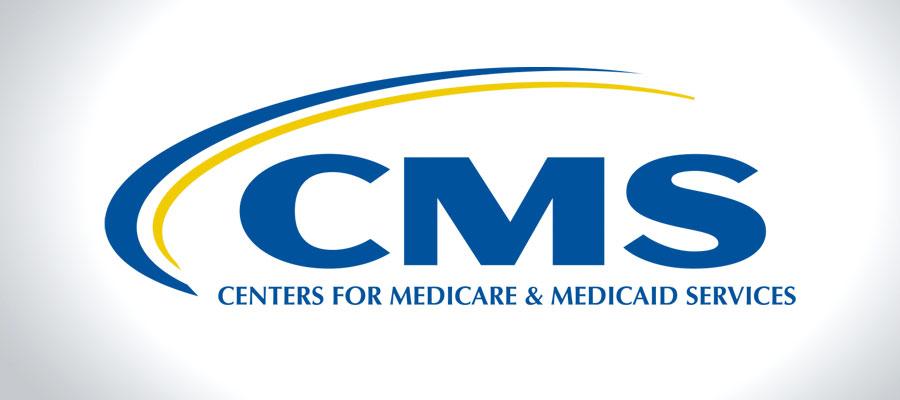CMS urged to withdraw, reconsider Medicaid fiscal accountability rule

The U.S. Chamber of Commerce recently urged the Centers for Medicare & Medicaid Services to withdraw its proposed rule on Medicaid program financing and supplemental payments. The Chamber said the rule would “have detrimental economic ramifications on communities across the country; put patient access to critical services in jeopardy, exacerbate cost-shifting onto privately insured communities; and violate state sovereignty and ability to manage state programs and populations by providing CMS unprecedented discretion over its evaluation of state financing and payment approaches.”
Among other comments on the rule, the Medicaid and CHIP Payment and Access Commission urged the agency “not to implement new limits for supplemental payments and financing arrangements at this time because CMS has not fully assessed the effects of these changes. In particular, the Commission is concerned that the proposed changes could reduce payments to providers in ways that could jeopardize access to care for Medicaid enrollees. … A careful review of the access implications of new federal policies is especially important given CMS’s previous proposal to rescind the requirement that states evaluate access before reducing or restructuring provider payments.”
The National Association of Medicaid Directors said the rule “would impose uniform rules and requirements on states without sufficient consideration to the diversity of state program designs and financing mechanisms. This one-size-fits-all approach will inevitably create challenges for the majority of states. While we support clarifying the parameters of appropriate financing mechanisms, CMS should not do so in a manner that gives the federal government significantly more authority over state decisions or define parameters so tightly that states no longer have necessary flexibility to administer their programs.”
As previously reported, the National Governors Association also urged CMS not to move forward with the proposed rule as written.
AHA has urged CMS to withdraw the rule because it would “severely curtail the availability of health care services to millions of individuals” and “many of its provisions are not legally permissible.” In a recent joint statement, AHA and the American Health Care Association detailed additional negative consequences if the rule were to go into effect.

